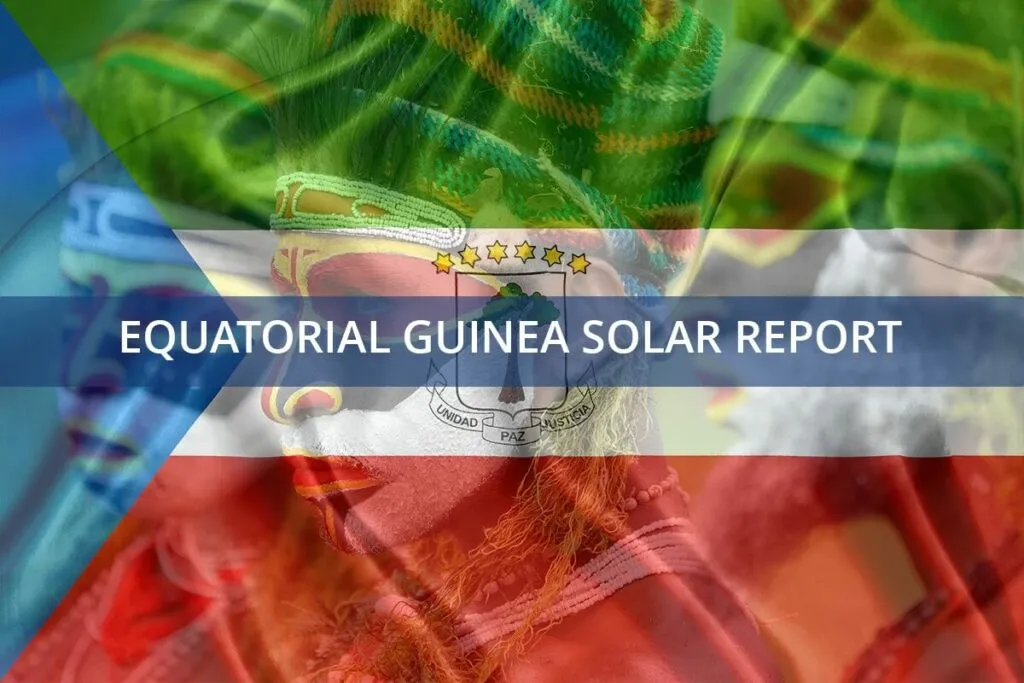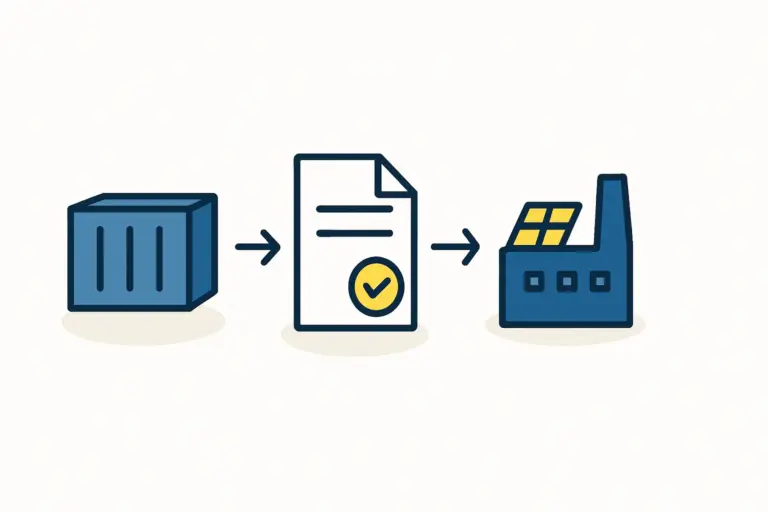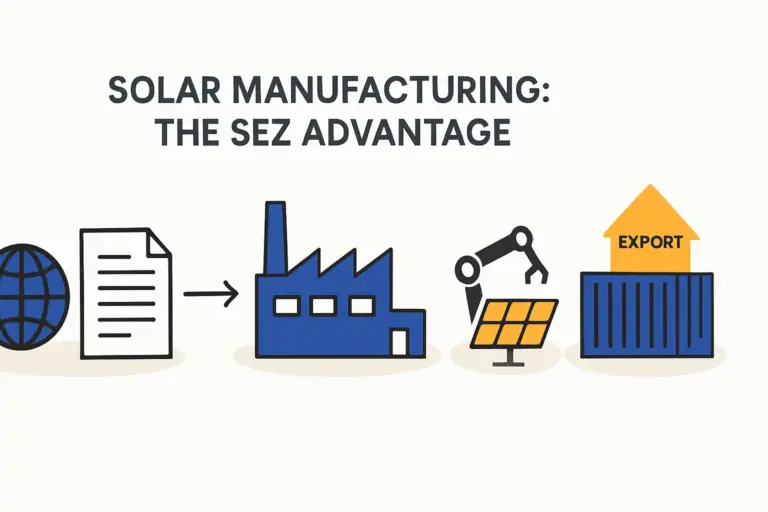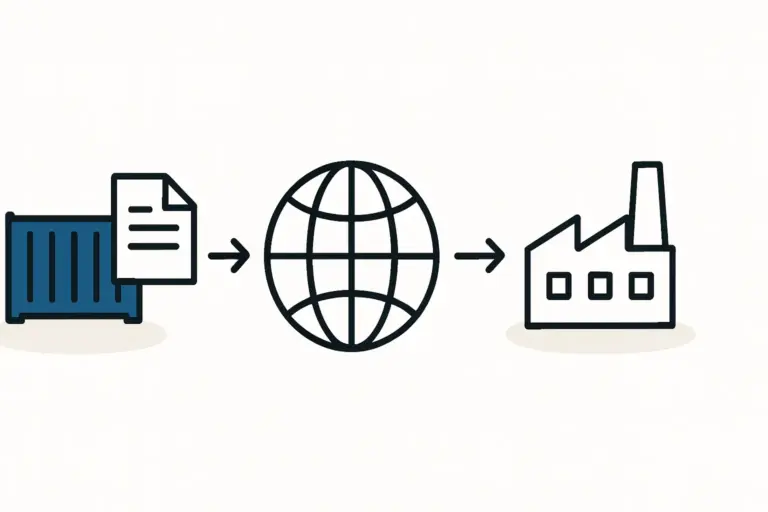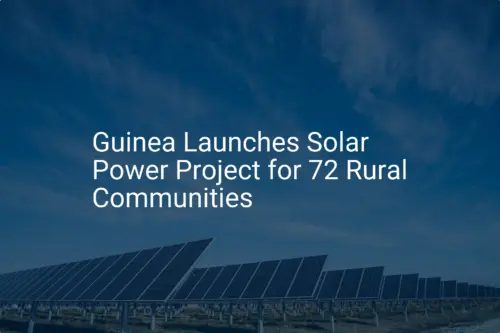An investor’s journey into a new market often focuses on operational milestones: securing a location, installing equipment, and training a team. In Guinea, however, once a solar module factory is up and running, a new set of financial challenges comes into focus. The local currency, the Guinean Franc (GNF), is used for daily expenses, but profits must eventually be returned to investors in a foreign currency. Navigating the transition from local operations to international returns requires a firm grasp of the country’s financial landscape.
This article guides international investors through Guinea’s banking regulations, foreign exchange controls, and currency risk strategies, outlining the necessary steps to manage and repatriate the financial returns from a solar venture.
The Regulatory Framework: Understanding Guinea’s Financial System
Financial activities for foreign investors in Guinea are overseen by a central authority and governed by a legal framework designed to both attract and protect foreign capital.
The Central Bank (BCRG) and the Investment Code
The Central Bank of the Republic of Guinea (Banque Centrale de la République de Guinée, or BCRG) is the principal regulator of foreign exchange transactions. Its authorization is required for any significant transfer of funds into or out of the country.
Complementing the BCRG’s authority is the Investment Code of the Republic of Guinea, legislation designed to encourage foreign investment by offering guarantees and incentives. Crucially, it establishes the legal right for foreign investors to transfer profits, dividends, and the proceeds from the sale or liquidation of their assets out of the country. This right, however, is contingent upon strict adherence to prescribed procedures.
The First Critical Step: Declaring Your Investment
The single most important action an investor must take upon entering the Guinean market is the formal declaration of all foreign capital.
According to Guinean regulations, any investment made in a foreign currency (e.g., USD, EUR) must be officially declared to the BCRG within 60 days of its entry into the country. This declaration serves as the legal foundation for all future repatriations, creating an official record that proves the capital originated from outside Guinea.
Failing to complete this step can create significant, often insurmountable, obstacles when it’s time to repatriate profits or the initial capital. The situation is analogous to entering a country without an official passport stamp; exiting legally with your assets becomes exceptionally difficult. This initial administrative task is the cornerstone of a sound financial strategy and a key component of any solar panel manufacturing business plan developed for the region.
Managing Operations: Local Currency (GNF) and Foreign Exchange Accounts
Once the investment is declared, day-to-day financial management begins. A Guinean-registered company will conduct most of its local business in Guinean Francs (GNF)—paying employee salaries, settling invoices with local suppliers, and covering utility costs.
Companies are also permitted to open and hold foreign currency accounts. These are essential for international transactions, such as paying for imported raw materials or servicing foreign-currency loans. For solar module manufacturers planning to export, a key regulation is that all export earnings must be repatriated into a Guinean bank account within 120 days of the transaction.

The Goal: Repatriating Profits and Capital
The ultimate financial objective for any investor is to see a return on their investment. In Guinea, the process for repatriating funds is highly structured and requires meticulous documentation.
Transferring Dividends and Profits
To transfer profits or dividends abroad, a company must submit a formal request to its commercial bank, which then seeks approval from the BCRG. This request must be supported by a standard set of documents:
- A tax clearance certificate, proving all local taxes have been paid.
- A board of directors’ resolution officially approving the dividend distribution.
- Audited financial statements verifying the company’s profitability for the relevant period.
Repatriating Original Capital
Should an investor decide to sell their shares or liquidate the company, the original capital can also be repatriated. This process similarly requires BCRG approval and, most importantly, proof of the initial investment declaration made when the funds first entered Guinea.
This structured process, while bureaucratic, is designed to ensure transparency, prevent illicit capital flight, and protect the national economy.
Mitigating Currency Risk: The Challenge of the Guinean Franc (GNF)
A primary financial risk in Guinea is the volatility of the local currency. The Guinean Franc can fluctuate significantly against major international currencies like the US Dollar and the Euro.
This volatility creates two main challenges for a solar module manufacturer:
-
Cost-Revenue Mismatch: The initial investment in a turnkey solar panel production line and the ongoing cost of imported raw materials (like solar cells and EVA film) are priced in a foreign currency. Revenue from local module sales, however, is in GNF. A sudden depreciation of the GNF means more francs are needed to cover the same dollar-denominated costs, squeezing profit margins.
-
Value of Repatriated Profits: Profits generated and held in GNF will be worth less in an investor’s home currency if the GNF depreciates before the funds can be converted and transferred.
Financial instruments for hedging currency risk are not widely available or easily accessible in Guinea. Therefore, investors must rely on strategic financial management rather than complex financial products.

Practical Strategies for Financial Management in Guinea
Navigating this environment successfully requires foresight and a practical approach.
- Phased Investment: Instead of committing all investment capital at once, a phased approach can limit initial currency exposure. Starting with a smaller production line allows an investor to understand the market and local financial systems before scaling up.
- Strategic Sourcing: While many core components must be imported, actively seeking local suppliers for ancillary materials and services can help align costs (in GNF) with local revenues (in GNF).
- Building Strong Banking Relationships: Based on experience from J.v.G. turnkey projects, establishing a strong relationship with a reputable local bank is critical from day one. A reliable banking partner can provide guidance and facilitate smoother interactions with the BCRG.
- Thorough Due Diligence: Engage local legal and financial experts to ensure all regulations are understood and documentation is correctly prepared. This initial investment in expertise prevents costly delays and complications down the road.
Frequently Asked Questions (FAQ)
Is it mandatory to declare my initial investment with the BCRG?
Yes, this is an absolute requirement. This declaration is the legal basis upon which the right to repatriate profits and capital is granted. It is arguably the most critical financial step for any foreign investor.
How long does the profit repatriation process typically take?
The timeline can vary. Once the complete documentation is submitted to a commercial bank, the approval process with the BCRG can take several weeks or longer. Investors should factor this potential delay into their financial planning.
Can I pay for my imported machinery directly in USD or EUR?
Yes, this is a primary function of holding a foreign currency account in a Guinean bank. Payments to international suppliers for machinery and raw materials can be made directly from this account, subject to standard transaction protocols.
What is the single biggest financial mistake an investor can make in Guinea?
The most common and damaging error is failing to properly declare the initial foreign capital investment with the BCRG within the 60-day window. This oversight can jeopardise the entire financial return on the investment.

Conclusion and Next Steps
Investing in Guinea’s growing solar sector presents a significant opportunity. Financial success, however, depends not just on operational efficiency but on navigating the country’s specific regulatory and currency environment. The keys to success are diligence, procedural adherence, and proactive planning.
By understanding the roles of the BCRG and the Investment Code, meticulously documenting all capital inflows, and strategically managing currency exposure, investors can build a financially sound and profitable enterprise. This detailed financial planning is a vital part of the overall guide to starting a solar panel factory, ensuring the venture’s rewards can ultimately be realised.

